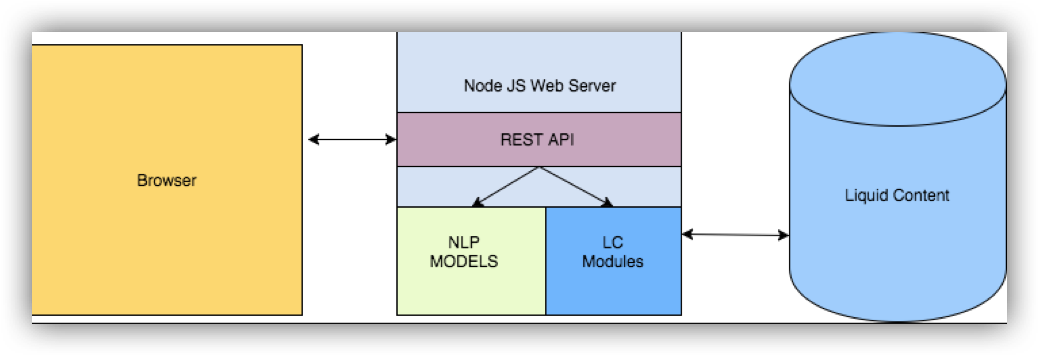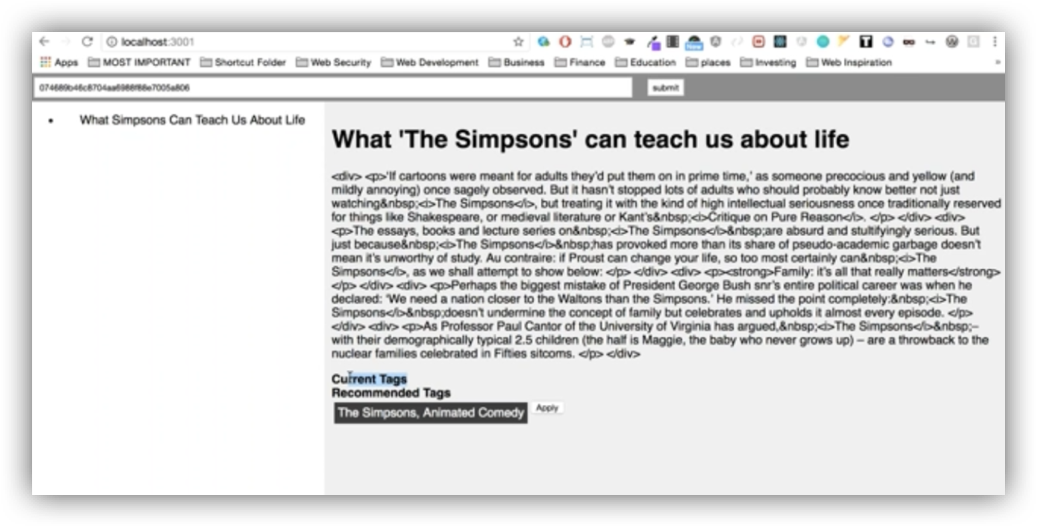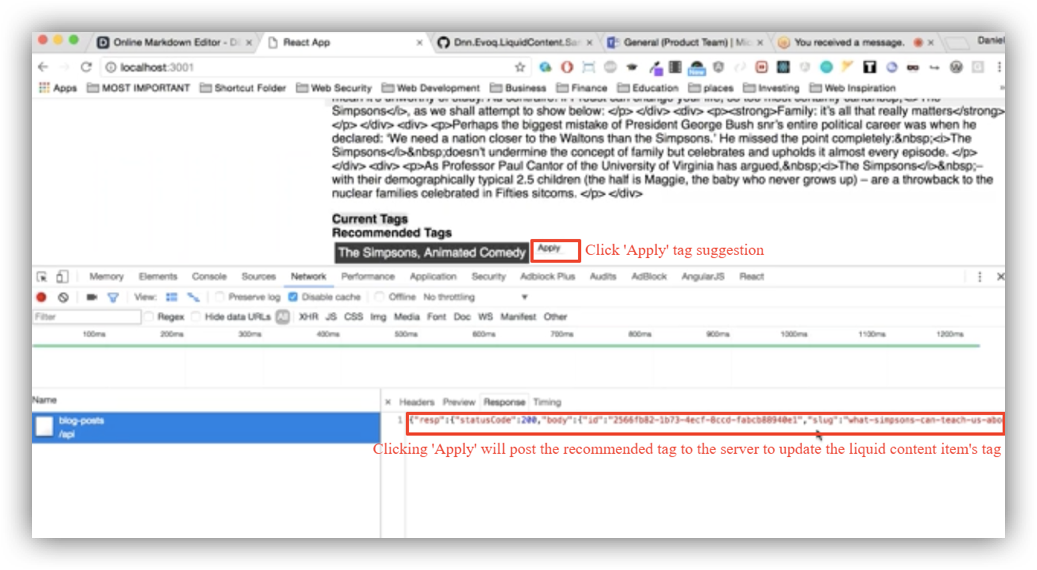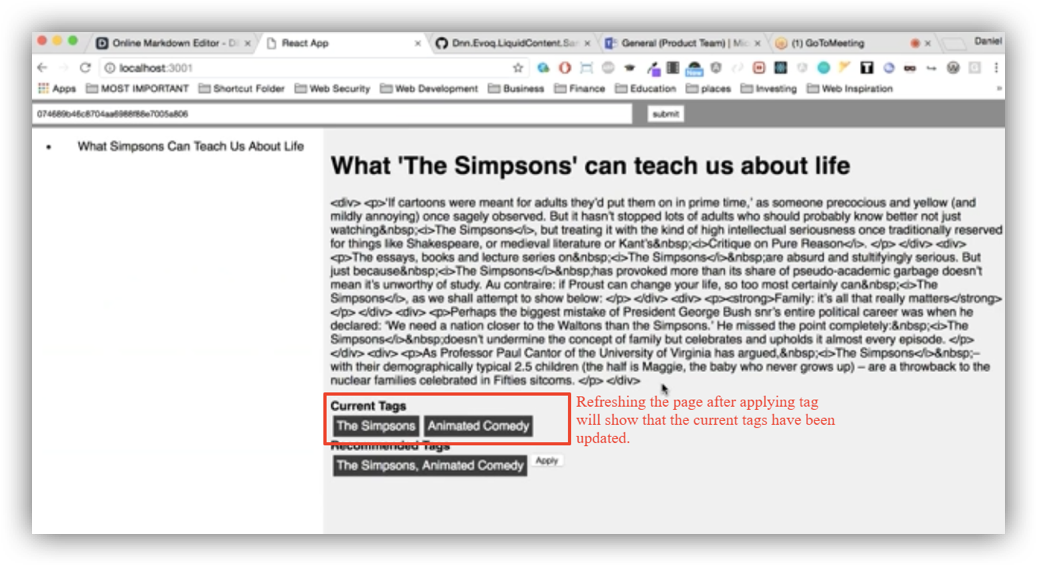In the 1980's we saw the revolution of the computer entering homes and becoming essential in a business environment. Soon the computer replaced many manual processes. Today, we are seeing another revolution: artificial intelligence and machine learning. It’s important to remember that software ultimately runs on hardware—somewhere. Here’s what we know: leveraging evermore-intelligent computing power to automate simple processes will be highly in-demand and more commonplace going forward. Here’s what we don’t know: how useful deep learning will be in the enterprise space and what types of tasks are worth automating.
To explore this technology, I will showcase how simple it is to get started with machine learning. While we don’t cover any complex topics such as gradient descent or complicated learning algorithms, for the front-end/back-end web developer, this is a great starting point and the workflow is similar to how web applications are built today.

How this helps developers
Developers utilizing Evoq’s publishing service can leverage the data already in the CMS repository to generate tags, assign categories, generate additional content or even automatically create new content items after analyzing incoming data. In this tutorial, I’ll show how a local copy of Evoq can be used to suggest tags based on the content of a blog post. This elevates the productivity of content creators by automating some of their more mundane tasks.
How this drives business value
Businesses and companies will need to leverage the power of machine learning, deep learning and AI to stay competitive in their industries. Web applications that learn from users and inputs to provide a more curated experience for end users will become necessary for the business experience designer. Imagine posting new products to a catalog which prices the item competitively with an existing inventory or through a comparative data set of prices from competitors.
This auto-tagging application automatically generates tags for Evoq Liquid Content using a combination of machine learning and a natural language library within a NodeJS application, serving a React front-end.
Requirements / Dependancies
- NodeJS & Express JS (web server and REST API)
- Natural JS (natural language processing with machine learning)
- RxJs (Used for async calls and creating async streams)
On Initial Launch

Notice there are no tags associated to the blog post pulled from Evoq
"Apply"

After pushing apply and inspecting the network tab, the content is being updated
Page Refresh

Notice "Current Tags" are updated for the content item